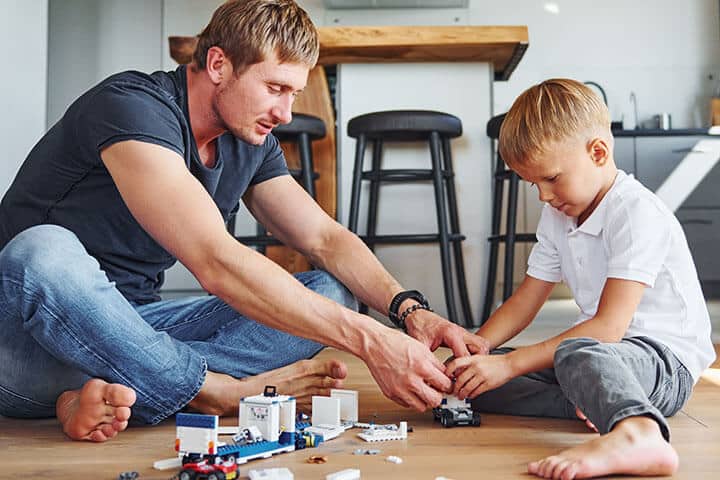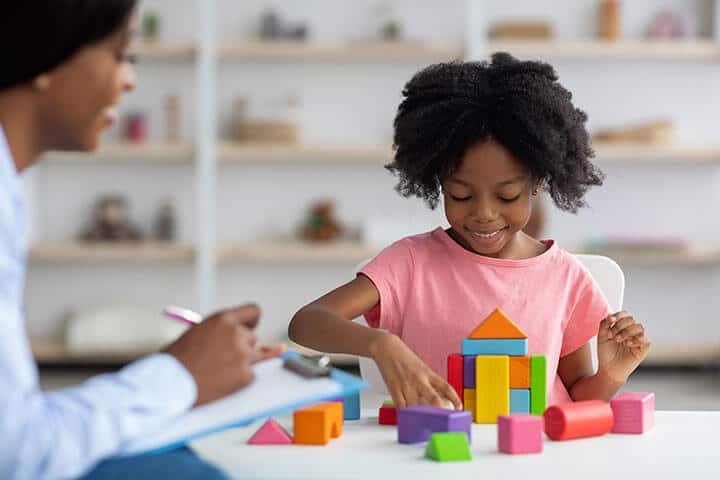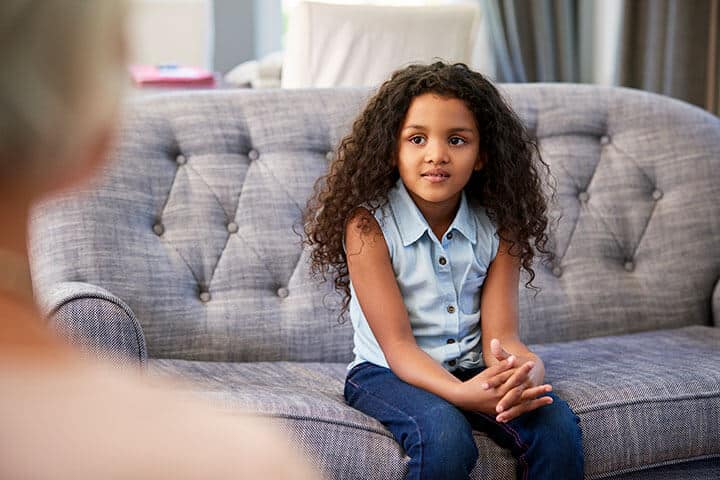Parent-Child Interaction Therapy- PCIT
We have several therapists skilled and trained using PCIT which is an evidence-based treatment for young children with challenging behaviors.
PCIT is conducted through "coaching" sessions during which parents/caregivers and the child are in a playroom. At Anchored Hope Therapy, your PCIT therapist remains in an observation room watching your interactions through a one-way mirror. The parents/caregivers wear a "bug-in-the-ear" device through which the therapist provides in-the-moment coaching on skills they are learning to address their child’s behavior more effectively.

PCIT can be completed within 12-20 sessions, though treatment is not time limited. Treatment will proceed more quickly with consistent attendance and consistent practicing of skills at home.
Treatment is considered complete when you have mastered both sets of skills and rate your child's behavior within normal limits on a behavior rating scale.
Further reading: PCIT International

Non Directive Play Therapy
Play therapy is based on the theory that play is a child’s language, the toys in the playroom considered the words a child uses to express their inner experiences and how they perceive and experience the world. Non Directive play therapists are trained to trust that children are capable of directing their own process rather than the therapist imposing their own ideas of what the child needs to do in therapy to work through any challenges they may be facing. Some other forms of non directive play therapy used at Anchored Hope are Sand Tray Therapy and Art Therapy.
Trauma-Focused Cognitive Behavioral Therapy (TF-CBT)
Several of our providers combine traditional CBT approaches through a specific and tailored trauma-informed lens.
TF-CBT is an evidence-based treatment for children and adolescents impacted by trauma and their parents or caregivers. It is a components-based treatment model that incorporates trauma-sensitive interventions with cognitive behavioral, family, and humanistic principles and techniques.

TF-CBT has proved successful with children and adolescents (ages 3 to 18) who are presenting with cognitive, behavioral, emotional, and physiological reactions to stress and/or symptoms of posttraumatic stress disorder, fear, anxiety, or depression) related to traumatic life events. It can be used with children and adolescents who have experienced a single trauma or multiple traumas in their lives.
The components of TF-CBT include the following: psychoeducation, parenting skills, relaxation, affect modulation, cognitive processing, and trauma narrative and processing.
Further reading: The National Child Traumatic Stress Network's website

